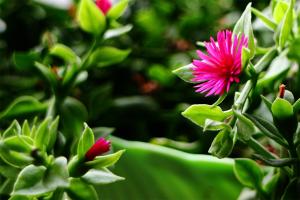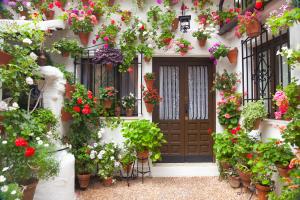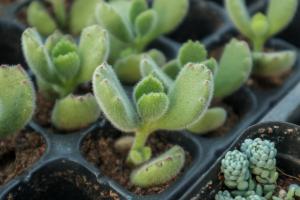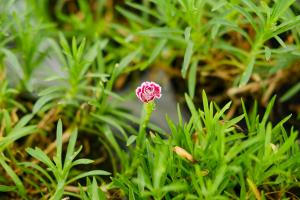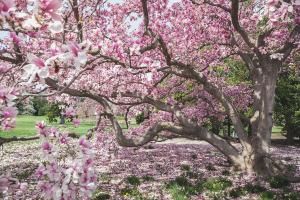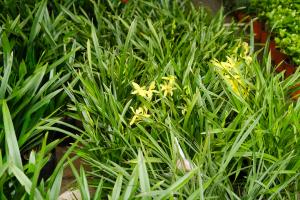Are Black Lights Good for Growing Plants?
When it comes to growing plants indoors, artificial lighting is essential to achieve the best results. However, not all types of light are suitable for plant growth. One type of lighting that has gained popularity among indoor gardeners is black lights. But are black lights really good for growing plants? Let's find out.
What are Black Lights?
Black lights, also known as ultraviolet (UV) lights, emit a high amount of UV radiation that is not visible to the human eye. They work by exciting certain chemicals found in materials, making them glow in the dark. You may have seen them at a party or nightclub, where they are commonly used to create a neon or fluorescent effect.
Can Plants Grow Under Black Lights?
While black lights can promote the growth and development of some plants, they are not considered ideal for plant growth. The reason for this is that plants have evolved to grow under natural sunlight, which has a wide range of wavelengths, including UV radiation. However, the proportion of UV radiation in natural sunlight is much lower than what is emitted by black lights.
Plants can absorb some UV radiation, but too much can actually be harmful to them. Excessive exposure to UV radiation can damage the DNA of plant cells, impair photosynthesis, and reduce growth and yield. Therefore, if you want to use black lights for plant growth, you need to be careful about the amount of radiation that your plants are exposed to.
What Plants Can Grow Under Black Lights?
While not all plants thrive under black lights, some plants are better suited than others. For example, many plants that originate in tropical regions, such as orchids and bromeliads, have adapted to high levels of UV radiation and can grow well under black lights. Other plants that can grow under black lights include Venus flytraps, spider plants, and some species of succulents.
However, it's important to note that even plants that can tolerate UV radiation still need other types of light, such as blue and red wavelengths, for optimal growth. Therefore, black lights should only be used as a supplement to natural or artificial sunlight.
How to Use Black Lights for Plant Growth?
If you decide to use black lights for plant growth, here are some tips to keep in mind:
Choose plants that are adapted to high UV radiation, and make sure they are getting enough of other wavelengths of light as well.
Hang the black lights at a safe distance from the plants, to avoid excessive UV exposure.
Use a timer to ensure that the plants are not exposed to UV radiation for too long each day.
Monitor the plants closely, and watch for any signs of damage or stress.
The Bottom Line
While black lights can be used for some types of plants, they are not recommended for general plant growth. Plants need a balanced spectrum of visible light, and too much UV radiation can be harmful to them. If you're looking for an artificial lighting solution for indoor gardening, it's best to stick with full-spectrum LED lights that mimic natural sunlight.

 how many times do yo...
how many times do yo... how many planted tre...
how many planted tre... how many pine trees ...
how many pine trees ... how many pecan trees...
how many pecan trees... how many plants comp...
how many plants comp... how many plants can ...
how many plants can ... how many plants and ...
how many plants and ... how many pepper plan...
how many pepper plan...